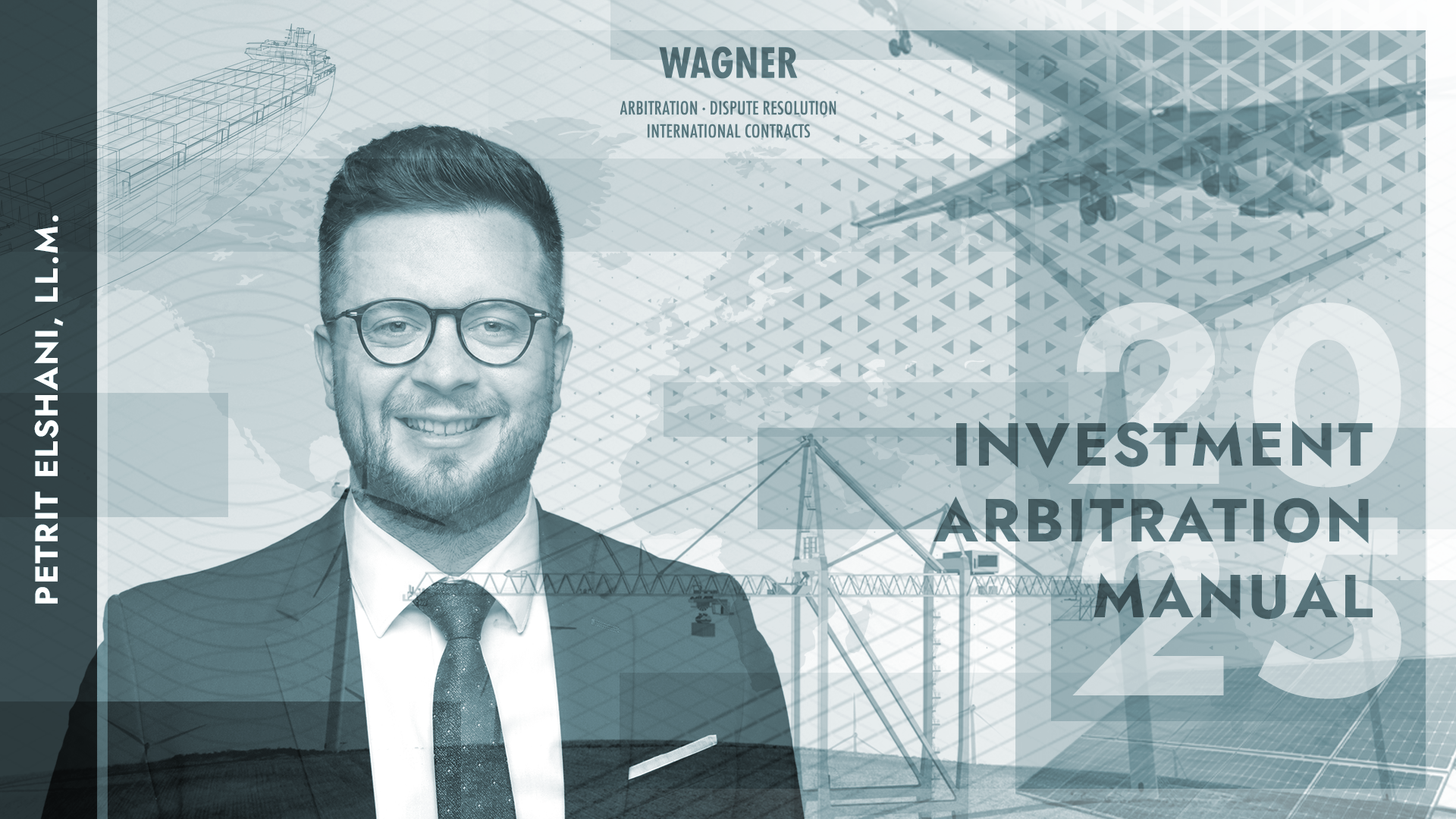Kosovo’s new Law No. 08/L-209 on Sustainable Investments (“Law”) represents an overhaul of the country’s investment protection framework, and rolls back some of the generous protections afforded under previous legislation. It was adopted in October 2024 and replaces and consolidates two previous laws – the Law on Foreign Investments (No. 04/L-220) (“Law on Foreign Investments”) and the Law on Strategic Investments (No. 05/L-079) – into a unified act aimed at fostering sustainable investment.
Key changes include:
- No more automatic, standing consent to arbitration, extended to a broadly defined range of “investors” and “investments”.
- Narrower substantive protections.
- Broader investor obligations.
Redefined notions of “investment” and “investor”
Under the previous Law on Foreign Investments, “investment” was defined as “any asset” owned or controlled by a foreign person. The new Law has moved away from this definition. It defines “investment” as “capital used to develop an economic activity in the Republic of Kosovo”. It then goes on to list a range of exemplary assets, such as the right over movable or immovable property, shares, financial instruments, permits, and licenses, which qualify for protection.
The Law has also extended the scope of protection to domestic investors. Although it distinguishes between (domestic) “investors” and “foreign investors”, there do not appear to be significant practical implications to this, as virtually all essential provisions apply across the board.
No more automatic consent to arbitration
The most significant change for foreign investors is the departure from Kosovo’s previous standing consent to arbitration. While arbitration remains an option, the Law now requires specific agreement between the investor and the State. Article 47.1 of the Law provides that the terms and rules of such arbitration must be determined “in advance” by the parties. In practice, this means that the investor must either negotiate an arbitration agreement into the contract with the State, or try to agree on arbitration with the Government after the dispute arises. Otherwise they risk being subject solely to domestic remedies.
The other available remedies include mediation, domestic commercial courts, or a so-called Complaints Panel. This Panel was established by the Law to hear investor complaints and provide “recommendations” with respect to such complaints.
Narrower substantive protections
The Law has also introduced a new set of substantive protections, primarily in Articles 6 (“equal” treatment), 7 (“protection and security”), and 10 (“protection from expropriation”). All in all, the substantive protection of the Law are, on their face, more modest than the protections afforded by the previous Law on Foreign Investments.
Broader investor obligations
In addition, the Law sets out under Article 9 a catalogue of obligations which investors must be aware of – and comply with. This set of obligations is much broader and more detailed than under the previous regime. Specifically, Article 9.2 provides that investors must comply with a comprehensive list of statutes and acts including, among others, legislation on labor, health, security, and environment, as well as competition, state aid, sanctions and money laundering-related rules. The provision also provides that investors must comply with obligations arising from Kosovo’s Stabilisation and Association Agreement with the European Union,
In case of breaches, notably, the Law provides that public authorities may seek damages from, or impose sanctions on, investors. The Law expressly provides that the State itself may now also bring an international arbitration against investors – not just the other way around. However, both parties must agree to this in accordance with the terms of Article 47 of the Law.
Implications
For investors – especially foreign ones – the new legal environment in Kosovo demands more proactive legal planning. If arbitration is a preferred dispute resolution method, it must be negotiated in advance. Relying on automatic protections and standing consent by the State is no longer viable.
As for the substantive protections, it remains to be seen how some of the peculiar provisions in Chapter II of the Law are applied and interpreted. On their face, the protections are more modest than the ones afforded under the previous regime.
More broadly, the adoption of the Law represents a fundamental shift in Kosovo’s investment protection policy. It signals that Kosovo is moving away from investor-friendly terms and toward a model of investment governance.

